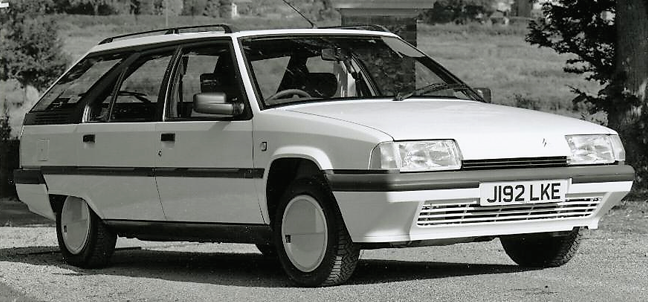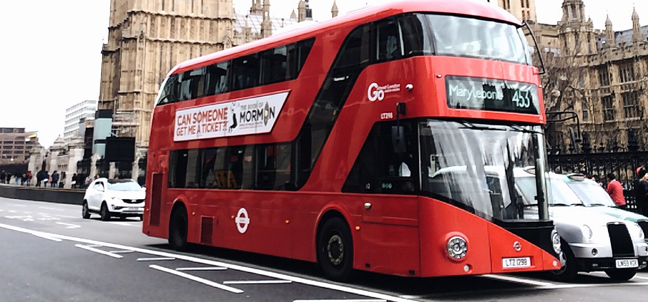As a child of the 1960s, catching a station taxi home from school, I can still smell the largely unappealing whiff of diesel fumes, not just from the train but also from the aging Austin Cambridge making both raucous and slug-like progress. Yet, in the mid-1980s, I experienced a Damascene moment, when sampling Citroen’s then latest diesel engine developments.

So entranced was I by the blend of effortless torque (133lbs ft between 2,000-3,200rpm) from the turbocharged, 1,769cc, four-cylinder engine fitted to my BX model, that I became an overnight fan. Sadly, diesel, a fuel normally the preserve of trucks, buses and taxis, was meted out from pumps that were usually spillage-prone, on concrete surfaces drenched by the lightly refined oil that consumed the soles of good quality shoes. It would be another few years before the fuel suppliers cleaned up their acts.
Another major advancement that coincided with diesel pumps being placed alongside petrol alternatives, was the inclusion of sweet-scented esters becoming part of the fuel cocktail. The introduction of exhaust gas recirculation, diesel particulate filters, catalysers and additives (such as ‘Ad-Blu’) also improved the diesel motorist’s lot. Yet, the greatest single development arose with Alfa Romeo formulating common-rail technology. Noise levels plummeted. Fuel economy increased to enticing new peaks. Company car fleet managers were encouraged by enhanced reliability and durability of diesel. In addition, power outputs were soon exceeding those of equivalent petrol engines, before taking sky-high torque figures into account, and service intervals increased to petrol levels, thereby reducing operating costs.
Actively promoted by government, even though it still increased its tax take with each over-priced gallon sold and carmakers charged a premium for diesel power, which made amortising list price differences somewhat more complex, diesel was said to be cleaner in use. It emitted lower CO2 into the atmosphere, while attaining higher mileages to each tankful, and the towing and off-road fraternities appreciated the better low-rev grunt. Even Vehicle Excise Duty started to reflect broader equalisation between petrol and diesel transport.

Then, it all came to a grinding halt, around two years ago, when the UK government was hit by a multi-million Pounds fine, levied by the EU, for having breached urban air pollution targets. As an easy focus, transport was nominated as being the largest contributor to our problems, with emotive claims galore being made for lung diseases and deaths in urban environments. Ironically, motorcars are around one-thirtieth as polluting as they used to be in the mid-1980s. Even trucks, buses, taxis, trains and other forms of powered transport in our cities are significantly cleaner than ever and there is a lot more of them about. The demonisation of diesel was an inevitable, if short-sighted, next step.
However, reports related to an even greater pollution threat from NOx, as opposed to CO2, made politicians realise that their original advice to base taxation on CO2 emissions levels may have been a major error of judgement. The figures have always been in the public domain but a series of ‘emissions cheats’, epitomised by the Volkswagen ‘dieselgate’ disaster but which actually afflicted most of the world motor industry, seem to draw them into even greater focus. As CO2 targets were dropping, NOx pollution (the one that will kill you) rose exponentially.

Unfortunately, NOx pollution from petrol engines is actually more prevalent than from diesel and is one of the reasons that we are not encouraged to sniff the fuel (volatile organic compounds among others) being poured into our cars’ tanks, unless early-onset lung cancer is the intention. However, even worse are the reports that highlight pollution levels created by buildings in our cities. With many of them reliant on providing heat in chillier months but cooler air in summer for workers, shoppers, visitors and patients, targeting property developers and their service providers might provide the significant reduction in both CO2 and NOX pollution that would meet EU urban directives.
Opting for electric cars, hybrids and rent-a-bikes, while providing a moderate short-term solution in built-up areas, does not take into account the coal and oil-guzzling power stations that are already at close to maximum capacity in producing enough electricity to fuel them. Their pollution levels are seldom mentioned.
While some vehicle manufacturers will find themselves in a position of not needing to sell diesel-powered vehicles at all, it is interesting to note (although the powers-that-be seem to be conveniently hard-of-hearing) that diesel engineering developments are continuing, despite being dented internationally. Diesel fuel is not ‘dead’, as some of the demonisers might desire, but is undergoing a transformation that will introduce fresh technology to enhance its cleaner proposition overall. Some of the developments are ready to be brought to market right now…delayed by a lack of will from decision-makers and administrators…although most engine manufacturers are already developing new commercial and consumer alternatives that will hit the roads in coming years.